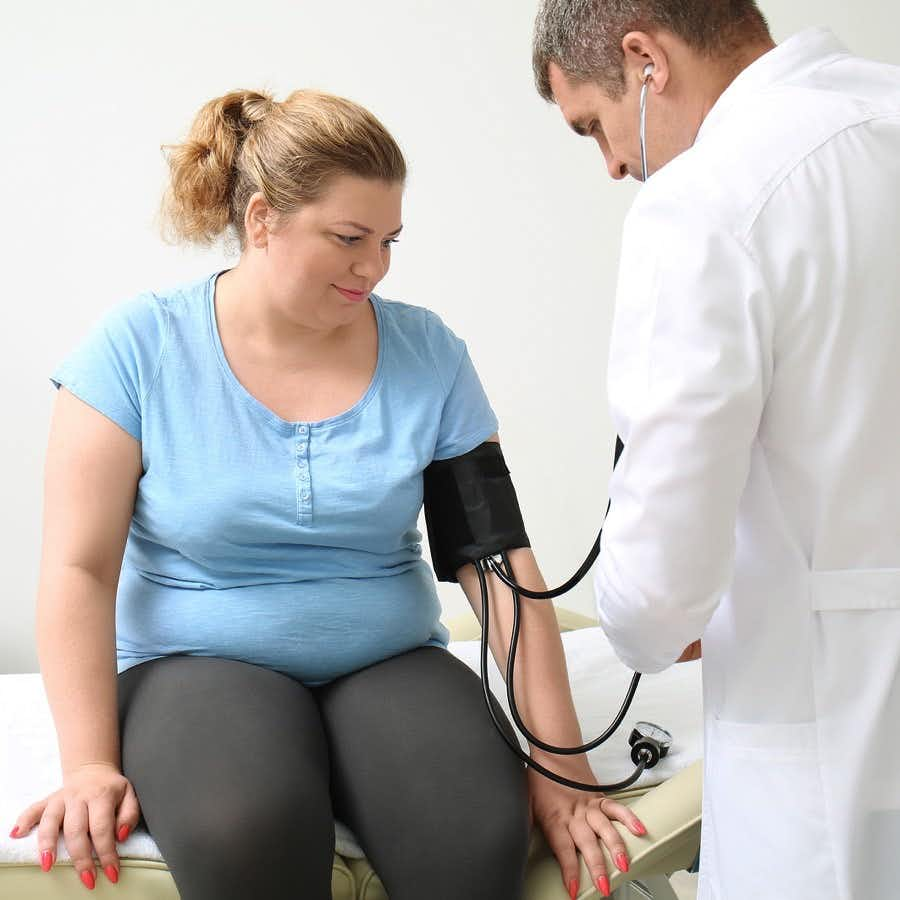
Have you checked your blood pressure recently? Guidelines from the American College of Cardiology (ACC) and the American Heart Association (AHA) encourage physicians to treat people with systolic blood pressure (SBP) at or over 130 and diastolic blood pressure at or over 80. These criteria mean that half of all adults in the United States would need treatment for hypertension. That often means a prescription for one or more medications. What if exercise for blood pressure control were just as effective as medications?
How Effective Are Medications vs. Exercise for Blood Pressure Control?
Most health professionals encourage their patients to lose weight and exercise more after they receive a diagnosis of hypertension. But implementing such programs are almost always easier said than done.
Doctors rarely have the time or expertise to coach patients in substantive lifestyle changes. Insurance companies rarely reimburse health professionals for such initiatives. If patients are unsuccessful at developing an exercise program that works to lower blood pressure, a prescription is considered the only answer.
We suspect that a lot of health professionals think of medications as the most effective strategy for controlling blood pressure. Moving your body seems like a good idea in general. Can exercise for blood pressure control really compete with drugs?
Data in Support of Exercise for Blood Pressure Control
A new meta-analysis published in the British Journal of Sports Medicine (Dec. 18, 2018) compared medications to exercise for blood pressure control. The investigators analyzed 391 randomized controlled trials. The authors report that for people with hypertension, exercise works about as well as commonly prescribed blood pressure medications to lower systolic blood pressure.
Here, in their own words are their conclusions:
“Our analyses that synthesised the results of 391 RCTs [randomized controlled trials] including 39,742 participants showed that individuals receiving medications achieved greater reductions in SBP [systolic blood pressure] than those following structured exercise regimens. However, different types of exercise interventions appeared to be as equally effective as most antihypertensive medications when we limited our analyses to trials in populations with high SBP.”
The researchers note that “Studies comparing the effectiveness of medications and non-medication interventions are rare.” They go on to point out that:
“Pharmaceutical companies, which in recent years have sponsored the majority of clinical studies, currently have little incentive to design studies that compare their products to non-medication alternatives.”
The People’s Pharmacy Perspective:
If exercise is as good as medicine for lowering blood pressure in many patients, it should be encouraged in pragmatic ways. Insurance companies should find ways to help pay for the cost of gym memberships. Health coaches who can motivate people to exercise regularly should be reimbursed just the way doctors and nurses are. And physicians should find ways to incorporate exercise programs into their practice of medicine.
Medications can be helpful for many people with hypertension. But so is exercise. In addition, exercise has a range of positive health benefits above and beyond its ability to help lower high blood pressure.
A Reader Responds:
Trisha shares this experience:
“The doctor I saw became very alarmed at an elevated blood pressure reading in her office (my years of BP documentation meant nothing to her). She prescribed a medication that made me feel terrible. I had a bad reaction and stopped taking it.
“I wrote her a long letter saying I would have more respect for her opinion if she had suggested weight loss, more exercise, meditation, food suggestions, lower salt intake, etc., before jumping straight to pharmaceuticals. She would not entertain those notions, so I switched doctors to one that shares more similar philosophies. Keep up the fight!”
Share your experience in the comment section below. Has exercise made a difference in your blood pressure readings?

